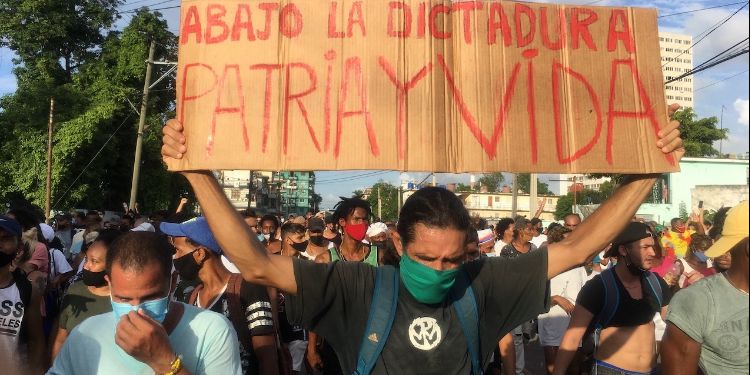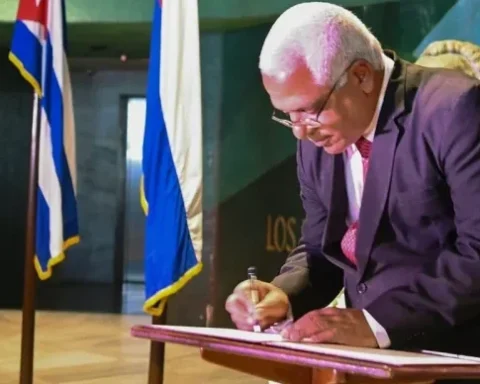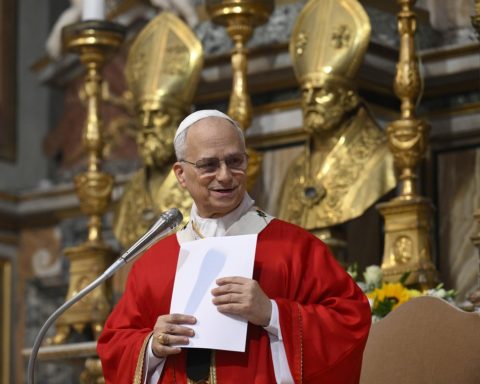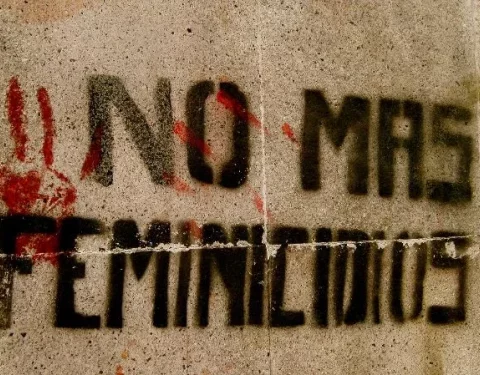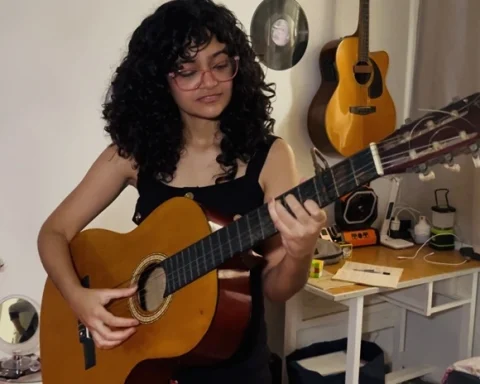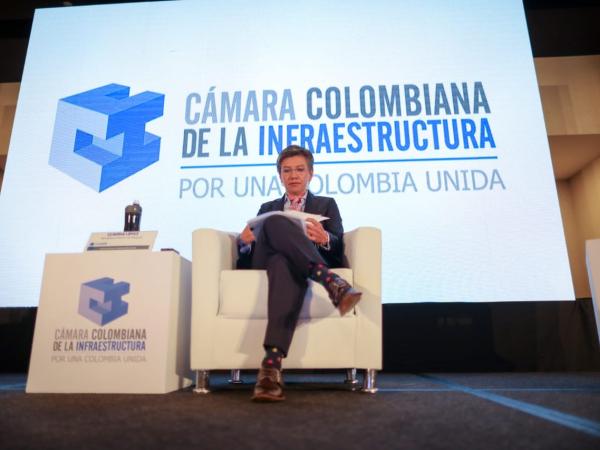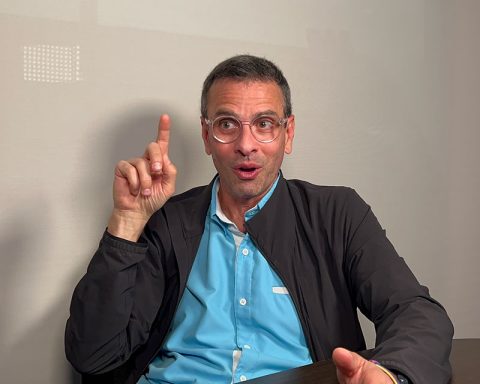MIAMI, United States. – Amelia Calzadilla Hernández, the 31-year-old Cuban mother of three who recently made headlines in the independent media and became a target of the Cuban regime’s smear campaignscould not imagine that a live broadcast through Facebook, where he expressed his frustration and discontentwas going to spread like wildfire throughout the Island.
Amelia’s complaints not only represent the 11,000 families that do not receive gas in Havana, nor the thousands throughout the country who pay high amounts to the Electric Union, nor the hundreds of thousands of mothers and fathers who, from Pinar del Río to Guantánamo, they have nothing to feed their children.
Amelia’s frustration is the expression of popular discontent, which has been simmering for more than 60 years and is exploding everywhere: like a shirt that cannot be mended again because its fabric has already rotted.
It is not surprising that after Amelia’s direct broadcast was broadcast, dozens of Cubans have expressed their support for the young mother. Nor that Amelia, unintentionally, has begun to symbolize the claim of everything that Cubans lack.
Less than a week later, on Tuesday night, a new expression of popular discontent, which did not appear on social networks, but did spread through them, drew all the attention: scholarship students at the University of Camagüey “Ignacio Agramonte” joined in a protest due to the constant affectations to the electrical service and the water supply.
After more than 10 hours without electricity, the demonstration broke out in the university center. In various videos shared on social networks, it can be seen that the young people came out of the shelters and from different parts of the campus and chanted over and over again “Water! Stream!” and “Put on the current, pinga”, accompanied by saucepans.
Despite the massive emigration of thousands of Cubans that began after the relaxation of the travel measures imposed during the coronavirus pandemic, and that the regime has promoted in collusion with the regimes of Venezuela and Nicaragua to “take pressure off the pot,” the manifestations of popular discontent are happening one after another.
Although Luis Robles Elizástigui languishes in a cell at the Combinado del Este for asking for, on April 28, the Cuban Carlos Ernesto Díaz González, known as Ktivo Disidente, protested loudly on San Rafael Boulevard, in Old Havana, against the immobility of the Cuban people and called for a fight against a dictatorship that has been in power for more than 60 years. “We don’t have to be forced communists or socialists,” he said.
Earlier this month, the Cuban Conflict Observatory (OCC) assured that only in May 2022 there had been 185 protests on the island, where “the cries of ‘Liberty’ do not go out,” according to the monthly report of that NGO.
The Cuban regime, better than anyone, knows that popular discontent will not end, not even if it repeats its “combat order” on the eve of the first anniversary of the 11J.
Receive information from CubaNet on your cell phone through WhatsApp. Send us a message with the word “CUBA” on the phone +1 (786) 316-2072, You can also subscribe to our electronic newsletter by giving click here.
